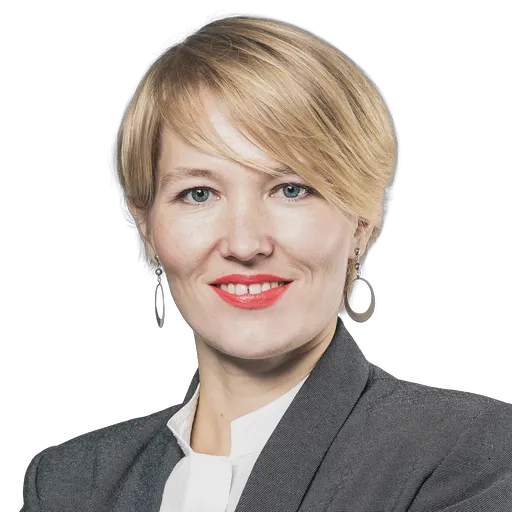As the EU election day draws near, the main election topics have revolved around defense, Ukraine, green transition, and investments. A common thread among these themes is the urgent need for funding. Prime Minister Petteri Orpo has highlighted the importance of obtaining more European money but opposes financing new funds through joint debt. This raises the question: where will the additional funds come from?
One solution proposed by Katri Kulmuni, a candidate for the European elections, is to moderate increase EU membership fees. However, given that the EU’s annual budget has already been allocated to various sectors such as agricultural subsidies, regional subsidies, competitiveness, research and development support, finding extra funds within the existing budget is challenging. Moreover, increasing EU membership fees or cutting funds from major sectors like agriculture and research may not be feasible options.
The Finnish Confederation of Business and Industry has suggested a fund of up to 500 billion for digital, green and defense projects. While this proposal highlights the significant investment required in these areas, it may not be enough to address climate change’s investment needs which are estimated to be around 500 billion every year.
Another option that has gained support is expanding the EU’s right to tax. Despite some opposition, joint debt has been accepted in certain circumstances such as in support packages for Ukraine. Ultimately, however, the question remains: where will the money come from to tackle pressing issues?



